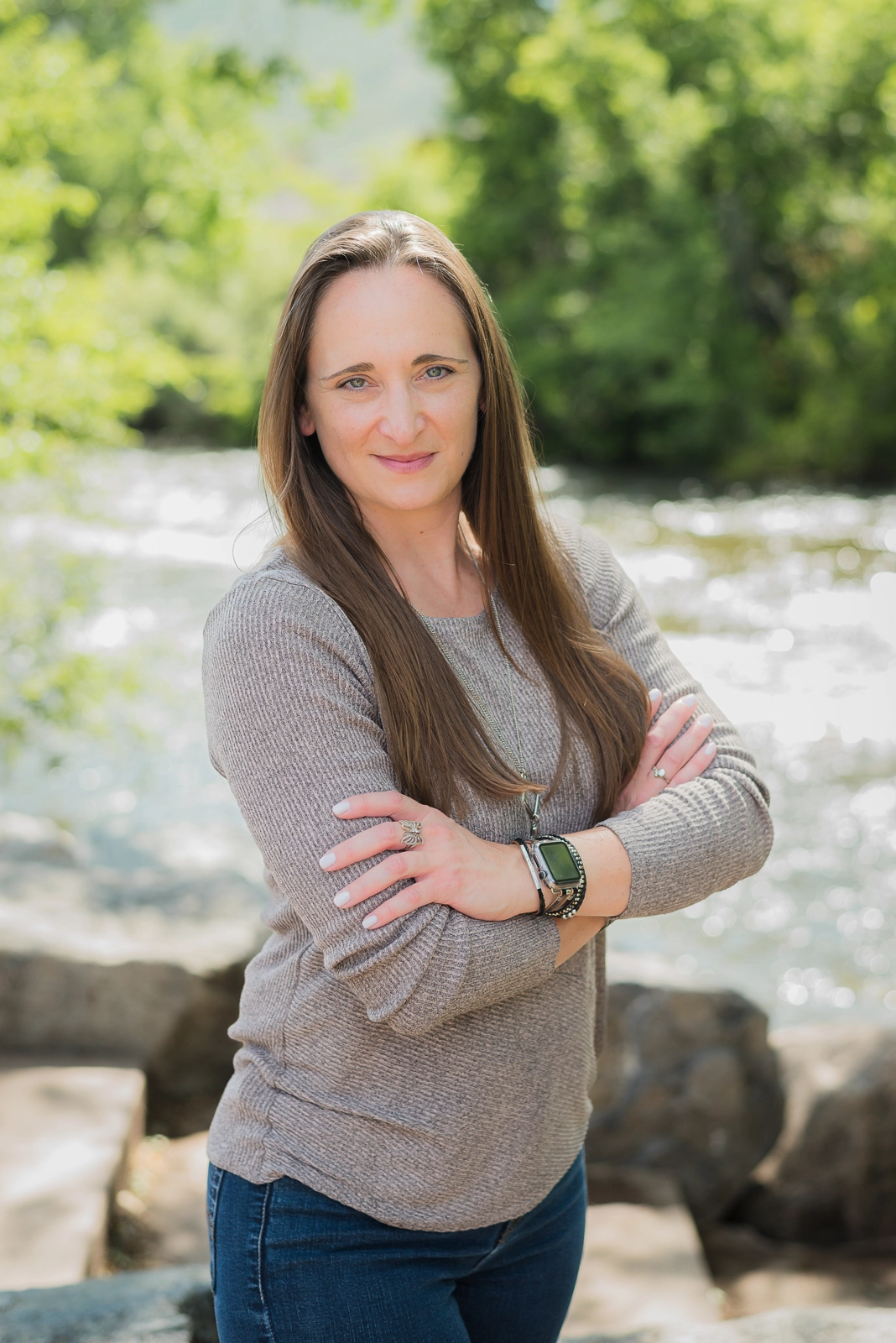Denise Husa
 Meet Senior Paralegal Denise Husa
Meet Senior Paralegal Denise Husa
While I was born in New York, I have lived in Colorado since I was a child and am proud to call Colorado my home. I have been working as a paralegal for over 15 years and appreciate that my career provides me with the ability to help people. I know how important family and other loved ones are and how crucial it is to protect them and your legacy to them. Luckily, I find my career extremely rewarding, since when you consider today’s economy and my future travel habit (see below ), I will almost certainly never retire.
I consider myself very fortunate to be a part of this phenomenal firm, which is not only the best second family I could have ever imagined, but that also values work life balance, and promotes time with our primary families. It affords me the ability to cheer my daughter on at all of her sporting events. In my free time, I love nothing more than to relax with my daughter or enjoy one of the many hiking trails that Colorado has to offer. I hope to do more traveling outside of Colorado later in life when my little sidekick is old enough to fly solo.
Call Colorado Estate Matters, Ltd. for a Free Consultation
Call our Colorado and Colorado estate planning attorney at (303) 713-9147 or fill out the contact form on this website to schedule a no-cost, no-obligation consultation.
Schedule a FREE consultation with us.
Featured Attorney
featured attorney

Practice Areas
- Estate Planning
- Estate Planning Lawyer
- Asset Protection Planning
- Estate Tax
- Charitable Remainder Trusts
- Irrevocable Trusts
- Life Insurance Trusts
- Living Trusts
- Living Wills
- Power of Attorney
- Power of Attorney – Durable Financial
- Power of Attorney – Durable Medical
- Denver Revocable Living Trusts Lawyers
- Special Needs Trusts
- Testamentary Trusts
- Wills
- Probate, Estate and Trust Administration
- Trusts and Will Contests
- Guardianships and Conservatorships
- Elder Law
- Common Law Marriage
Common Probate Questions
Colorado does not have a state-level estate tax, but federal estate tax may apply to larger estates. It’s important to consider federal tax implications when dealing with an estate.
Colorado does not have a state-level estate tax, but federal estate tax may apply to larger estates. It’s important to consider federal tax implications when dealing with an estate.
It’s essential to consult with an attorney or legal professional experienced in Colorado probate law to get accurate and up-to-date information and guidance on your probate matter.